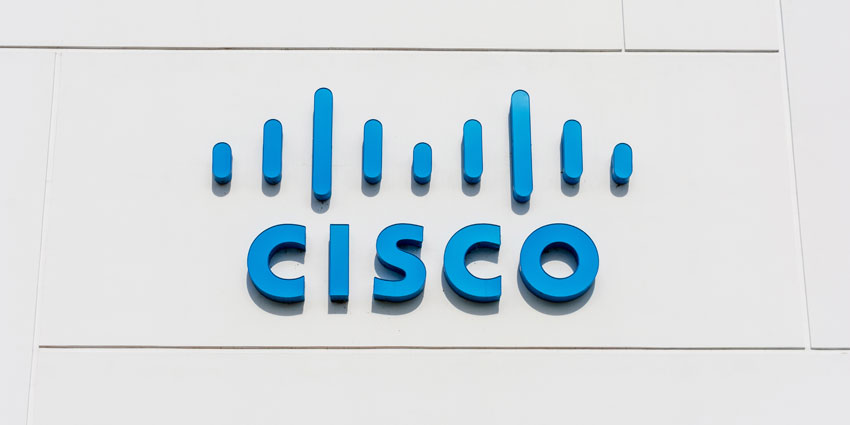MessageBird, now known as Bird, is reportedly lining up an audacious bid for troubled rival Twilio.
According to a report by The Information, Bird has held discussions with investors about raising money to acquire Twilio, citing “people familiar with the matter”. There is no suggestion that formal talks have occurred between Bird and Twilio, or that Bird will make an offer.
CX Today has contacted Bird and Twilio for comment.
Publicly listed Twilio has a market cap of just under $13bn, while privately held Bird was valued at $3.8bn when it last raised cash in 2021.
Simultaneously, Bird yesterday name-dropped Twilio as it rebranded and claimed to have slashed the price of its SMS API service by 90 percent.
“That means if you spend $100k on SMS with a company like Twilio, you’ll only spend $10k with Bird,” Bird CEO Robert Vis said in a blog post.
Vis has also stoked rumors of an acquisition in posts via LinkedIn, albeit of varying sizes.
He reportedly said, “Just a late-night thought. Should I buy Twilio and take it private?” on Wednesday before deleting the post.
A still-live post says: “Hi World! Looking for $0- $5m revenue companies with EMI and/or PI license looking to be acquired.”
How Could Bird Acquire Twilio?
A Bird acquisition of Twilio, or perhaps certain assets, is not as ridiculous as one might think.
Bird is backed by Y Combinator – a well-funded start-up accelerator that has been the launchpad for firms including Airbnb, Dropbox, DoorDash, and Reddit. The firm claims to have helped businesses raise $85bn from investors around the world.
Twilio, meanwhile, has been battling disgruntled investors that recently drove out founding CEO Jeff Lawson. Lawson was replaced by CFO Khozema Shipchandler.
Activists have been pressuring Twilio to drive shareholder value via either the spin-off of assets or a total sale of the business.
One firm reportedly wants the firm to sell its entire data and applications (D&A) business, which includes Engage and Segment.
Earlier this month, Twilio announced it would shut down the desktop app for its two-factor authentication service, Authy.
“We made this difficult decision to sunset the Twilio Authy desktop apps in order to streamline our focus and provide more value on existing product solutions for which we see increasing demand,” Twilio said.
Other recent examples include selling off its IoT arm, divesting its ValueFirst business, and shuttering Zipwhip – which it acquired for $850MN less than two years before.
Despite these culls and three rounds of layoffs, the vendor continues to record losses of over $100 million every quarter.







